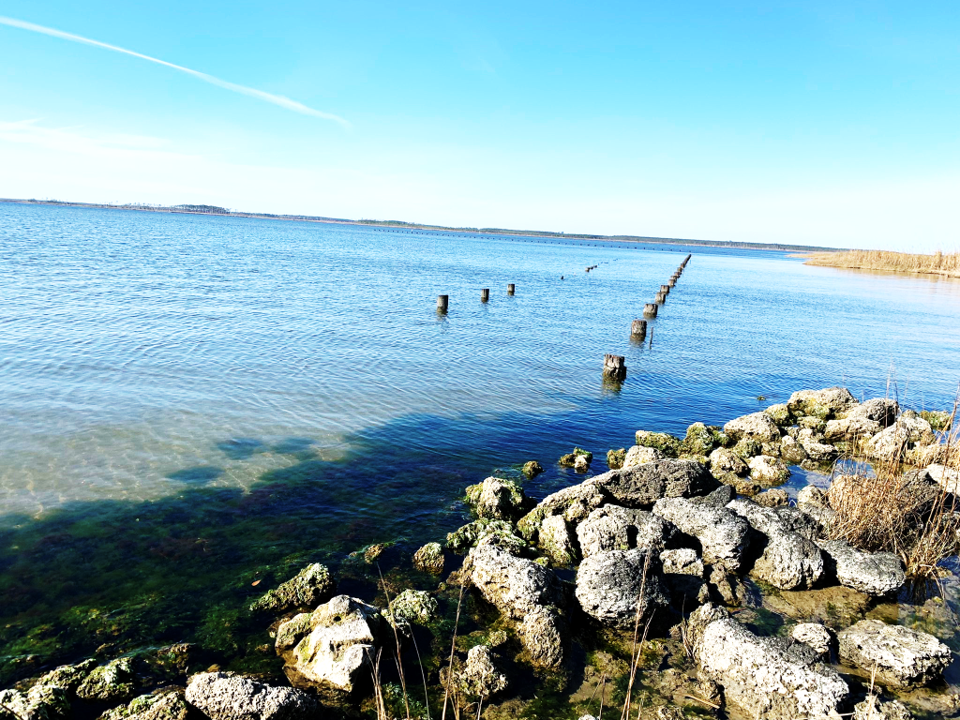Congratulations to Carter Stancil on being awarded prestigious NSF Graduate Research Fellowship!

Congratulations to Carter Stancil who was recently notified that she has been selected as a recipient of the prestigious National Science Foundation Graduate Research Fellowship Program (GRFP). Stancil is a first-year PhD student in the IDPBBC program and is co-advised by Dr. April Blakeslee and Dr. Michael Brewer. Her research will investigate the evolutionary ecology and eco-physiology of an invasive body-snatching parasite that creates “zombie crabs” by eliminating host reproduction and changing behavior. Significant work has been done on the ecological and evolutionary response of the mud crab host to the invasive parasite, but few studies have looked at this coevolutionary relationship from the parasite’s perspective. Stancil aims to resolve the low temperature tolerance range of the parasite in its invasive range along the Mid-Atlantic coast of the USA and determine the potential risk of further northward expansion of the parasite into naïve host populations, especially as temperature warms along the Atlantic coast. Her research will include eco-physiology, community ecology, and transcriptomics to investigate responses of parasite adults and larvae from native and invasive populations, and she will work across the Blakeslee and Brewer labs in the Biology Department at ECU.
Stancil jokingly refers to herself as a “parasite advocate” and hopes to turn her interests in parasite ecology and conservation into a career. She feels driven to make the study and utility of parasites in marine systems more conventional in the terrestrially and free-living dominated fields of ecology and evolutionary biology. After completing her PhD, Stancil hopes to continue to research parasite ecology, either as a field scientist or as an academic. She has a strong passion for evolutionary ecology and would like to engage in focused studies of organisms, populations, and communities to elucidate conservation-related issues across the entire ecosystem.
